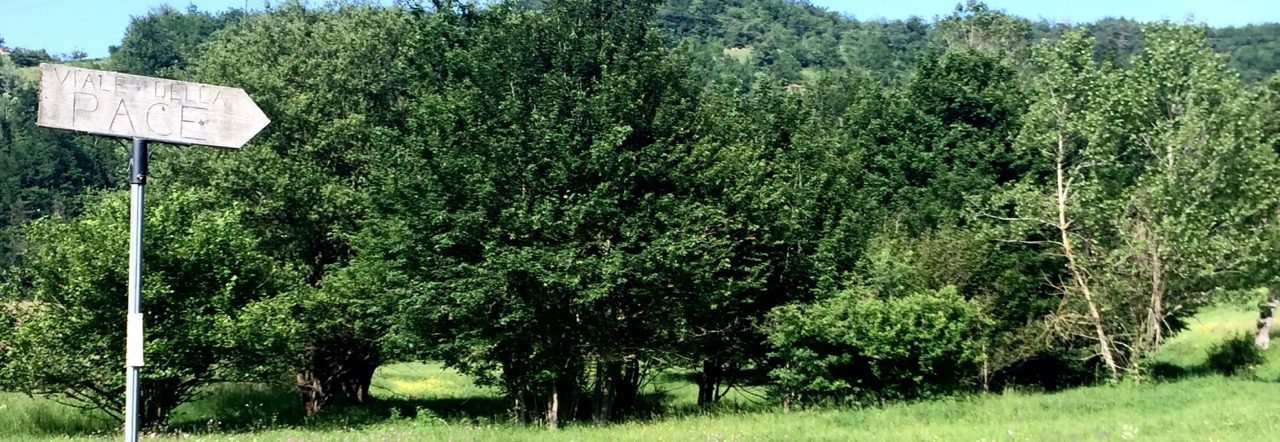
The full issue is available here.
My “swan song” lecture on the law and ethics of war, delivered at a conference at the Scuola Normale Superiore in Florence, Italy, 1 October 2025, is now available to watch on YouTube.

Interview about recent book on Faculti website
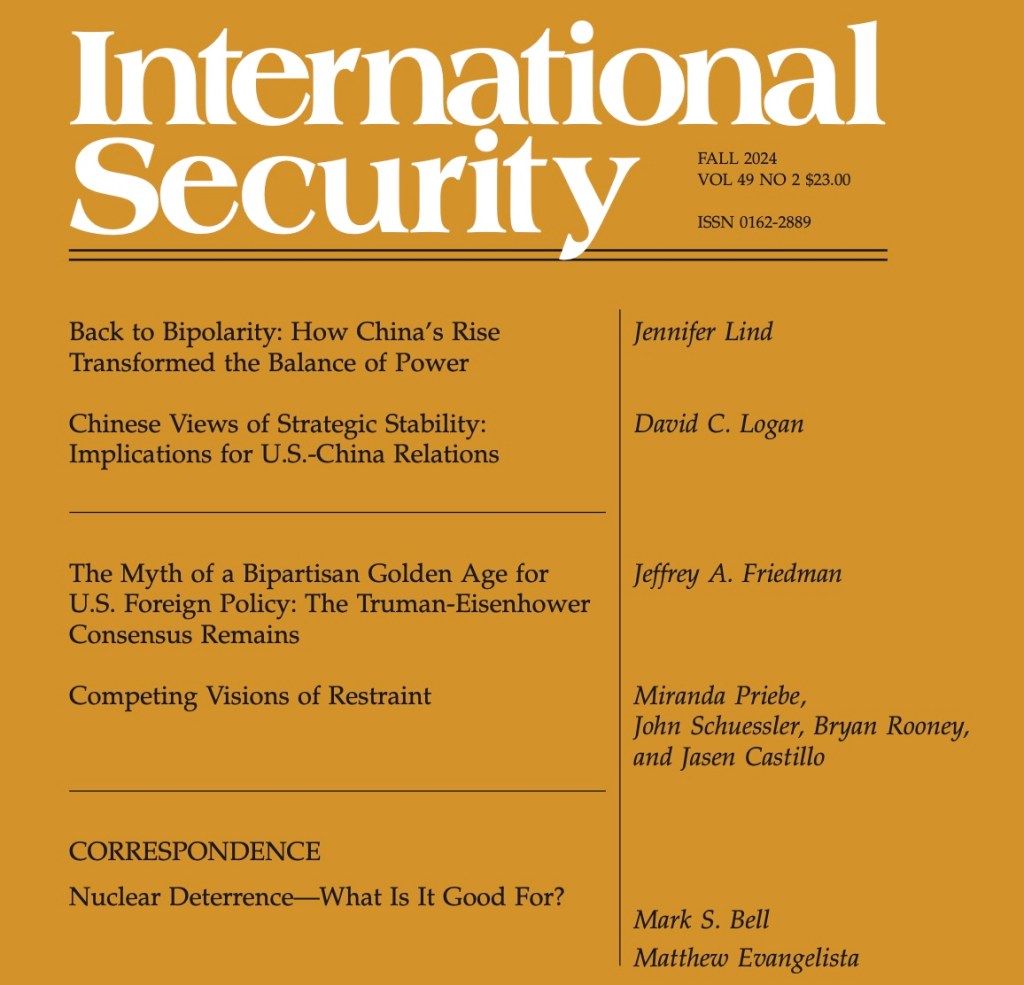
Nuclear Deterrence—What Is It Good For? (response to Mark S. Bell), International Security, vol. 49, no. 2 (Fall 2024).
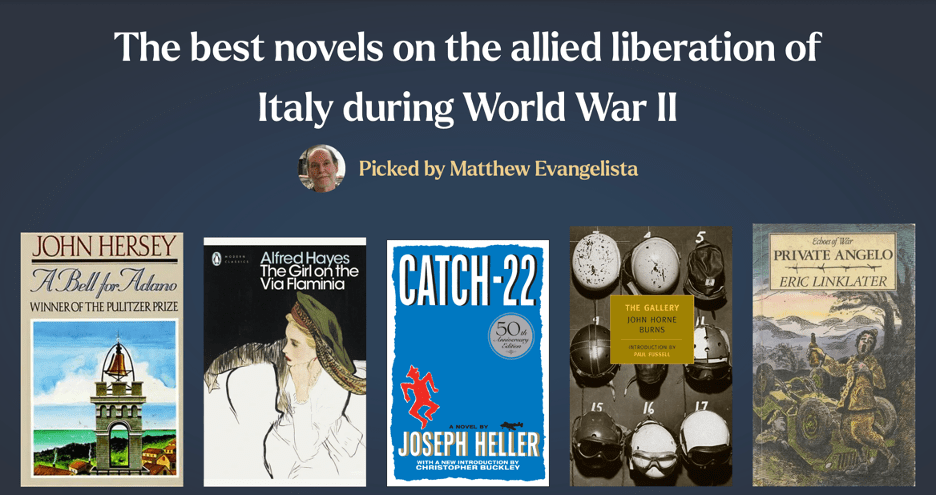
“The Best Novels on the Allied Liberation of Italy during World War II” posted on Shepherd.com, 19 August 2024.
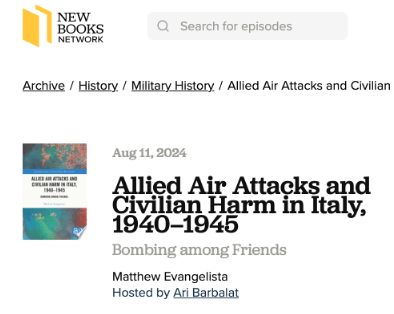
New Books Network interview with Ari Barbalat, 11 August 2024
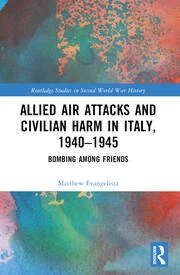
Paperback version of Bombing among Friends available (the pdf version can still be downloaded for free).
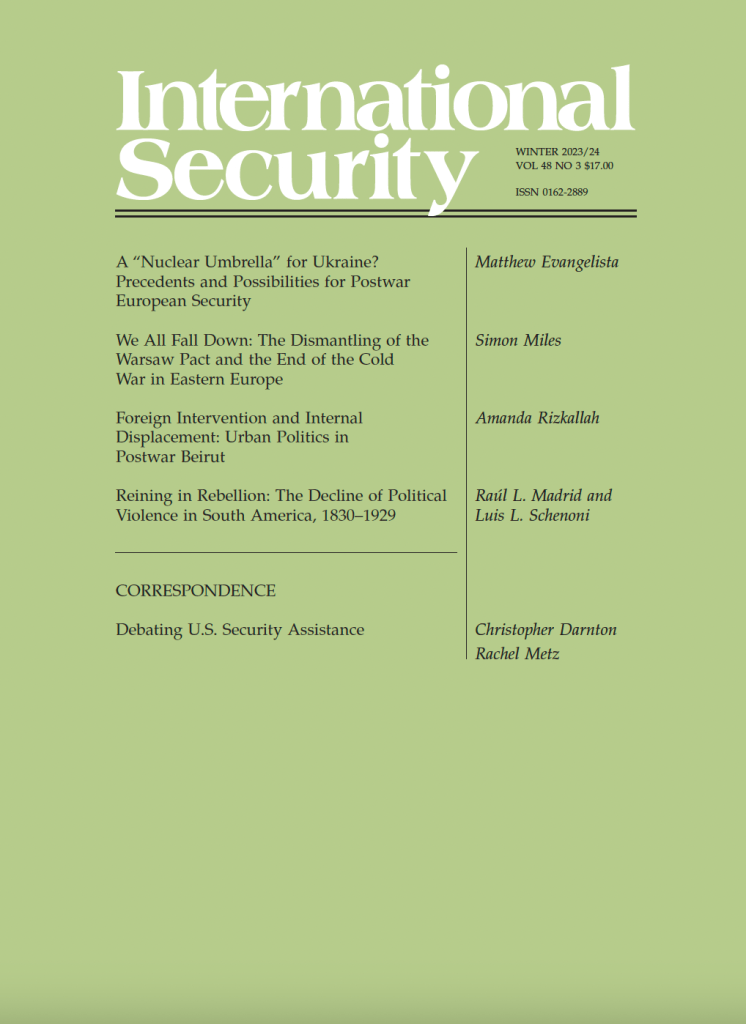
A “Nuclear Umbrella” for Ukraine? International Security podcast, 20 March 2024.
Beyond the “Nuclear Umbrella”: Is a Different Security Path Safer for Ukraine? Interview by Jacqueline L. Hazelton, The MIT Press Reader, February 2024

Interesting article by Spanish journalist ADRIÁN ROMERO on the (poor) reception of Barbenheimer in Japan.
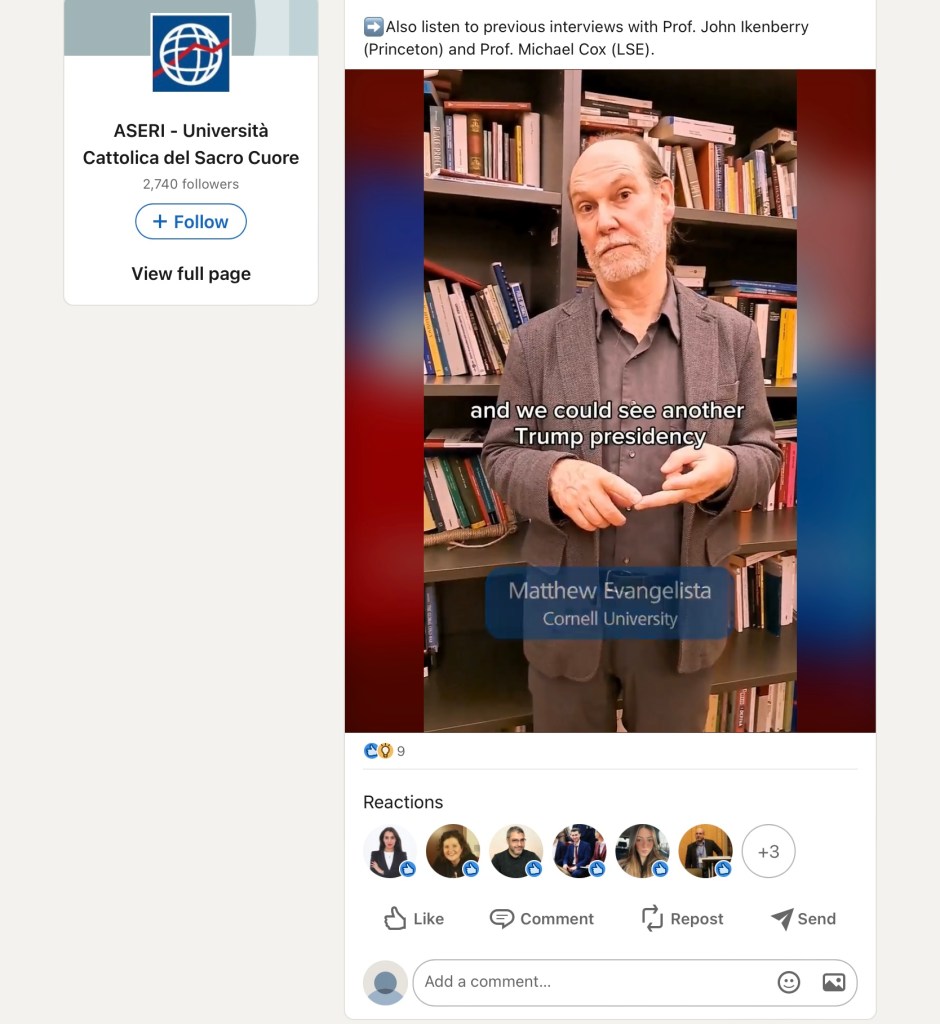
Comments on US elections after Iowa Republican primary, Catholic University of Milan, Italy, 20 January 2024.
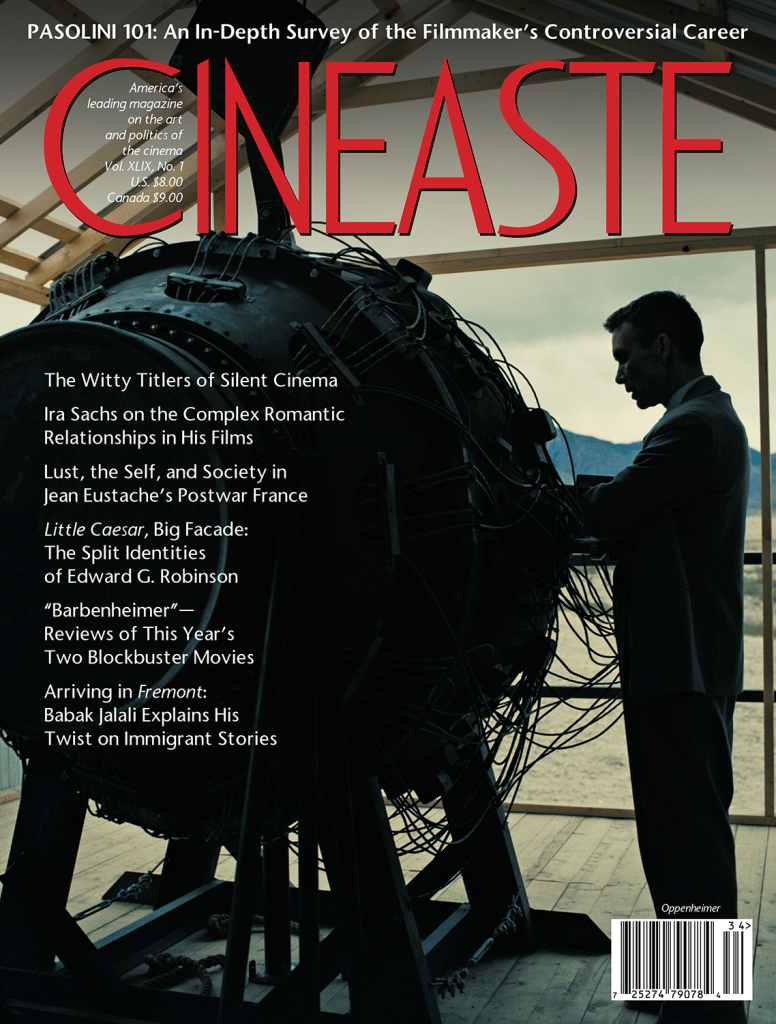
If Christopher Nolan’s blockbuster film made you wonder what was behind J. Robert Oppenheimer’s opposition to the hydrogen bomb, besides his moral ambivalence, you can read more about it in Innovation and the Arms Race, recently reissued by Cornell University Press. Chapter Four contains the first archive-based study of the development of US tactical nuclear weapons, an initiative Oppenheimer promoted to “bring the battle back to the battlefield” in Europe and Korea, and as an alternative to the mass destruction of civilians that attacking cities with H-bombs would cause. Chapter Five describes how the Soviet Union responded with its own production and deployment of such weapons to the point where their use would destroy whatever they were supposed to defend—a situation that still prevails today. An interview about the book’s continuing relevance is here. My review of Oppenheimer in the magazine Cineaste is here.
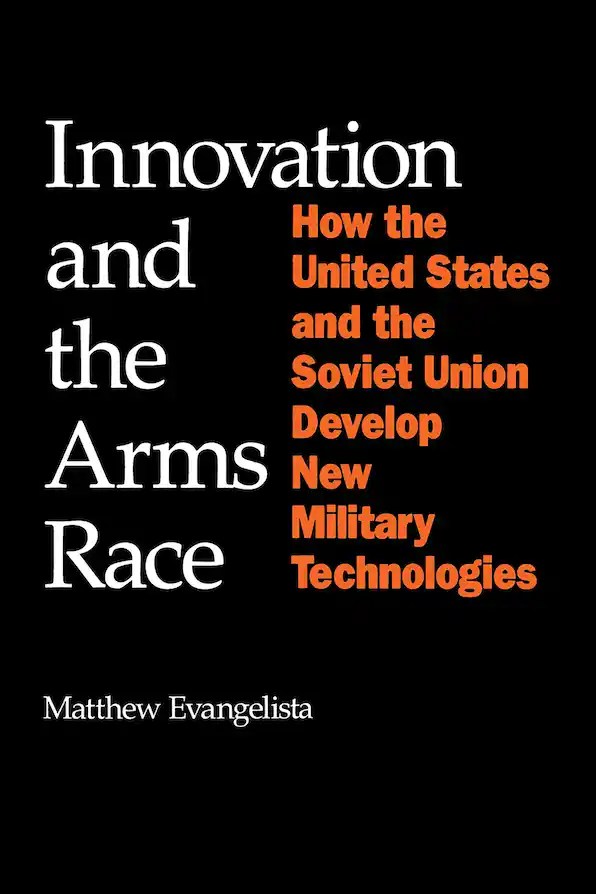
For the Cornell Chronicle‘s summary, click here.
Happy 50th Birthday, Mercier 300! An appreciation of my bicycle, bought in 1973 and still going strong after a half century.


Russia’s Ongoing War in Ukraine: U.S. Policy Decisions and the Provision of Lethal Aid, watch here.
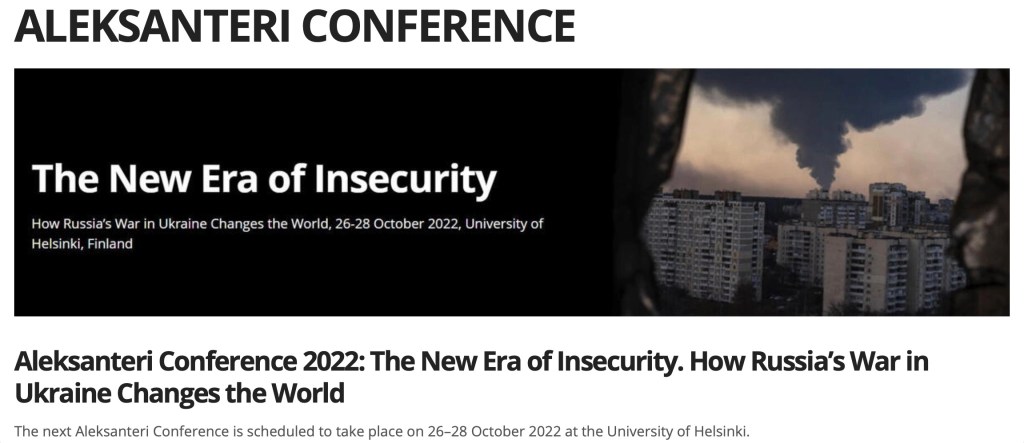
For the upcoming Aleksanteri Conference I have written a paper, “Nuclear Deterrence Failed in Ukraine: Now What? Background and Implications for European Security.” Because the conference does not post the papers presented there, I am linking mine here.
*******
*******
Long-lost notes rediscovered
Notes on trip to USSR, May-June 1990
These are contemporaneous notes from a trip to the USSR, funded by the Council on Economic Priorities, a New York-based organization that opposed excessive military spending and favored conversion of military resources to civilian purposes. The CEP was a cosponsor of the International Citizens Congress for a Nuclear Test Ban, organized by the newly formed Nevada Semipalatinsk Movement, headed by the Kazakh poet, Olzhas Suleimenov, and the International Physicians for the Prevention of Nuclear War (IPPNW), whose co-presidents were Bernard Lown and Evgenii Chazov, US and Soviet cardiologists, respectively. The Congress took place at three locations in Kazakhstan (listed here in increasing proximity to the Soviet nuclear test site): Alma Ata, Semipalatinsk, and Kara Aul.
The first part of the notes describes the Congress, the speeches and workshops, and the people I met—Americans, Russians, West Europeans, and Kazakhs. The second part describes my stay in Moscow for a few days after the Congress, where I sought interviews with specialists at the Institute for the Study of the USA and Canada (ISKAN, in its Russian acronym), gave a lecture there on my views of the prospects for conversion, was interviewed twice for Soviet TV, met new Russian friends, and heard a lot of opinions about the reforms of Mikhail Gorbachev and the political challenges from his emerging rival, Boris Yeltsin.

Cornell University Library DIGITAL COLLECTIONS
Randall Forsberg and the Nuclear Freeze Movement: Selected Materials from the Institute for Defense and Disarmament Studies Archive
The Institute for Defense and Disarmament Studies (IDDS) was founded in 1979 by the scholar-activist Randall Caroline Watson Forsberg (1943-2007) to conduct research on military forces and the prospects for disarmament and to provide knowledge in support of peace activism. This digital collection represents a small sample of the full archive, held in the Cornell University Library’s Division of Rare and Manuscript Collections. The Institute’s publications included the Arms Control Reporter (a monthly update on negotiations), the World Weapon Database, and the Peace Resource Book, along with a newsletter. IDDS became the first headquarters of the influential Nuclear Weapons Freeze campaign and it collaborated with the European Nuclear Disarmament movement and colleagues worldwide, including in the Soviet bloc. The digital archive is now available here.
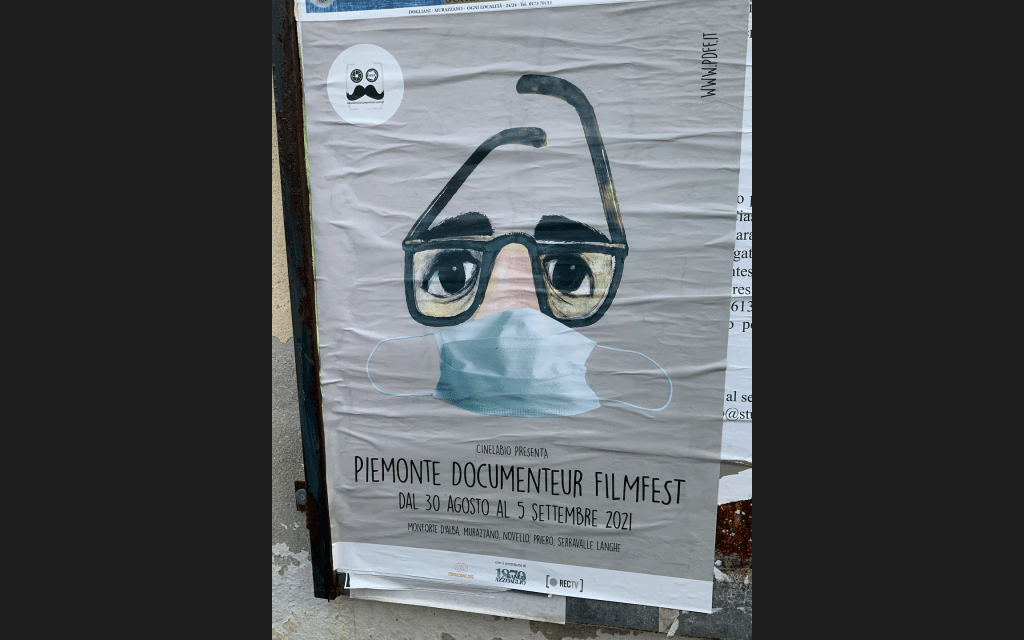
La Nona Portata (The Ninth Course), mokumentary
by Domenico Bruzzese, Mauro Mola, and Bruno Ugioli
https://www.youtube.com/watch?v=cD5OQ4OCAEE Trailer
https://www.youtube.com/watch?v=Ryege2xBX7Q Italian
https://www.youtube.com/watch?v=Imi9Oy9m7-I English subtitles
Launch of new journal, Occupied Italy, 10 September 2021, Battipaglia, Italy
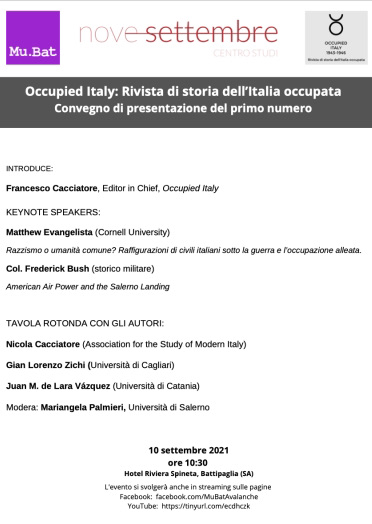
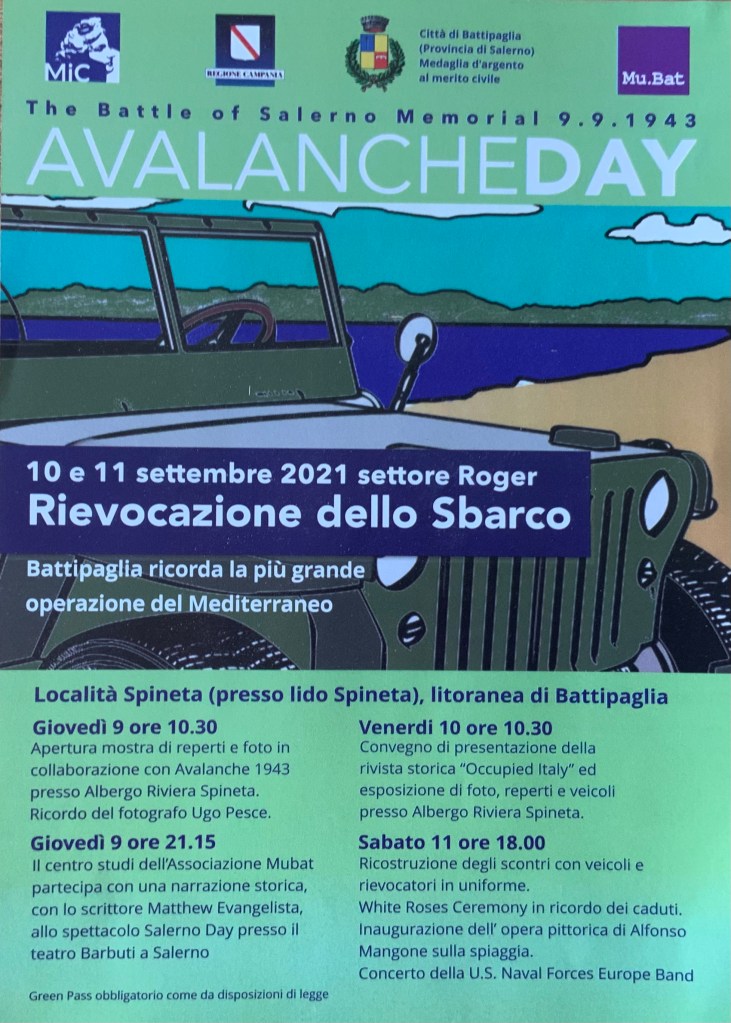
Watch it here.
Watch it here.
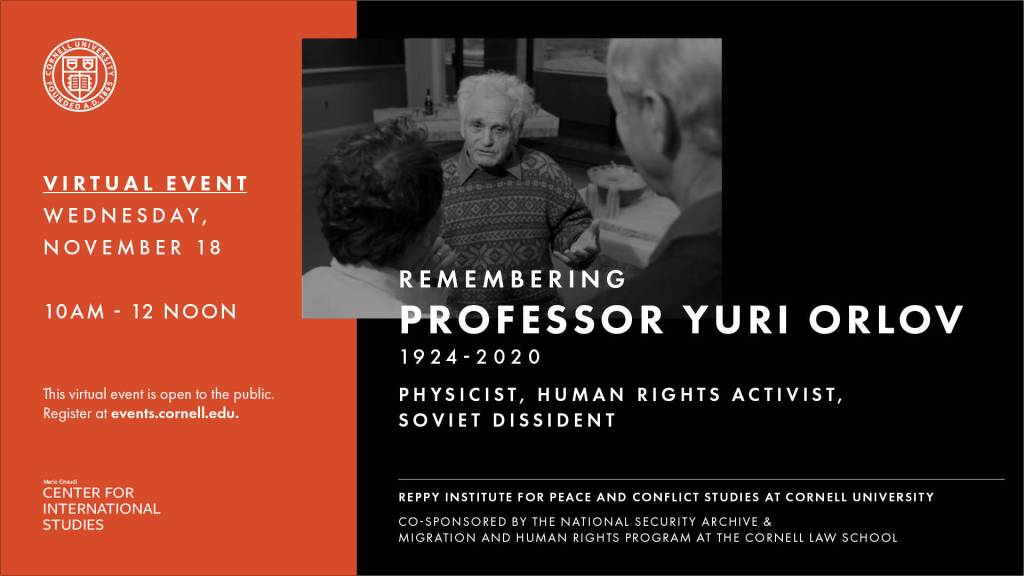
Wednesday, November 18 from 10 am – 12 noon
VIDEO NOW AVAILABLE HERE

American Occupation and Human Rights in Iraq, webinar presentation (interpreted into Persian), International Association of Muslim University Professors, University of Tehran, 26 July 2020.
|
The Judith Reppy Institute for Peace and Conflict Studies (PACS), part of the Mario Einaudi Center for International Studies, is making this legacy accessible to a new generation of policymakers, activists and scholars.Forsberg’s previously unpublished Massachusetts Institute of Technology doctoral dissertation will be issued this month as part of the Einaudi Center’s Cornell Global …
|
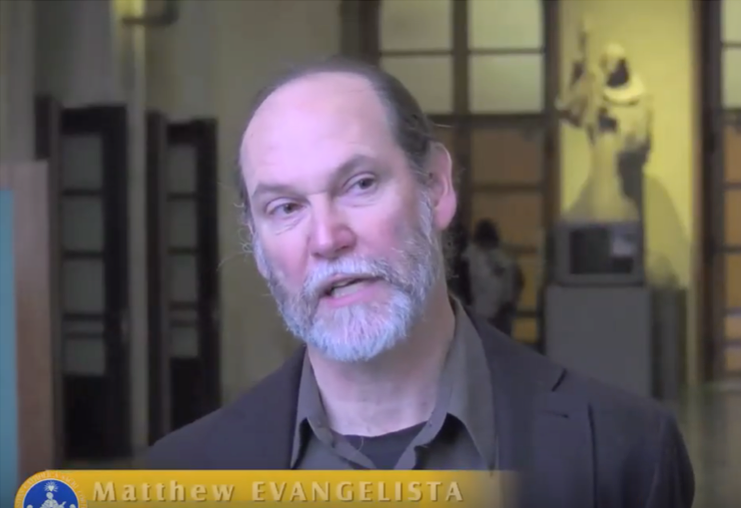
International Relations at 100: The Liberal World Order and Beyond, conference summary, Università Cattolica del Sacro Cuore, Milan, 15 November 2019.
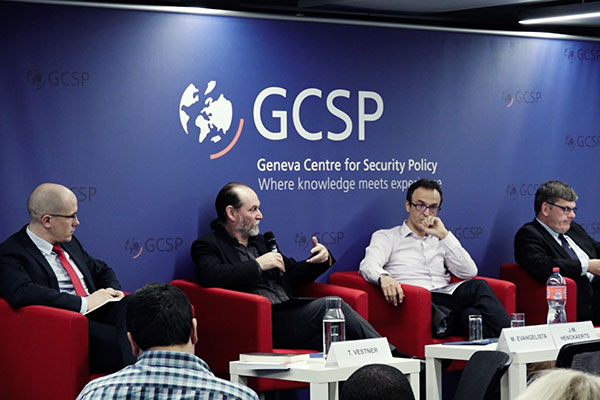
International event marks 70th anniversary of Geneva Conventions (video)
Matthew Evangelista was appointed the Inaugural Guest Professor,
Leibniz-Institut Hessische Stiftung Friedens- und Konfliktforschung (HSFK) / Peace Research Institute Frankfurt (PRIF), February 2019
Collateral Damage: A Warfare Challenge, by Alexandra Chang

